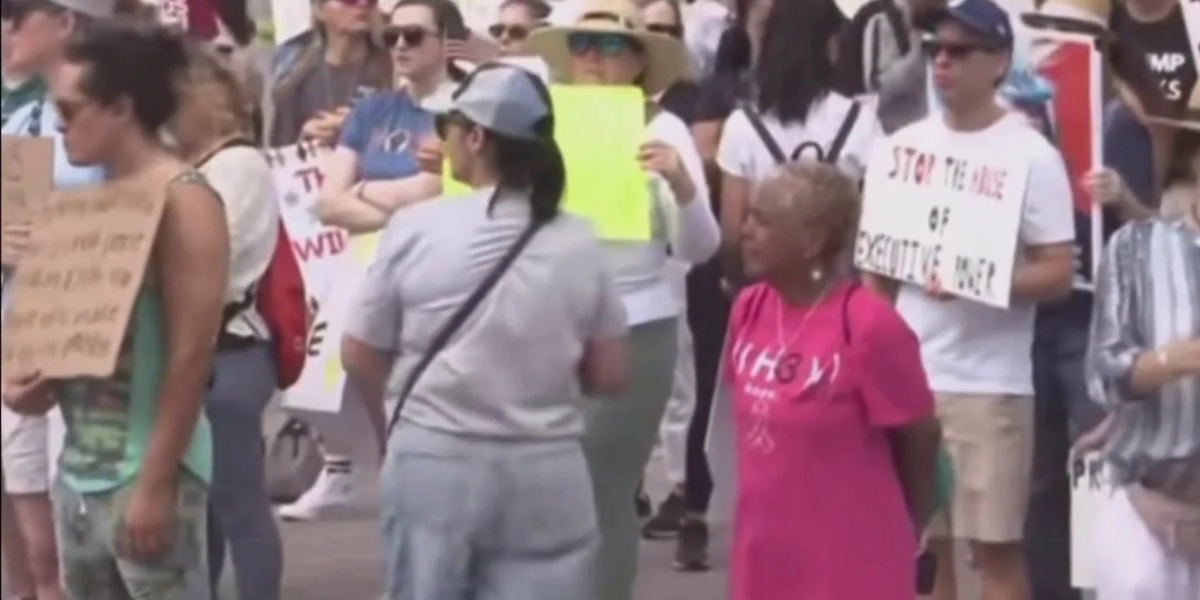Washington, D.C. In a brave move, the Trump administration has asked the U.S. Supreme Court to remove limits on sending guilty criminals back to “third countries,” which are countries other than the one they came from. This move comes after a court case about the rights of immigrants who are about to be deported to have due process.
The administration said in a filing on Tuesday that U.S. District Judge Brian Murphy’s injunction, which gives immigrants a “meaningful opportunity” to challenge their deportation, makes the process “onerous” and gets in the way of immigration procedures. In April, Murphy’s decision said that immigrants who were about to be deported to third countries had to be given at least 10 days to voice concerns about the risk of torture, persecution, or even death in those countries.
The court case is related to a bigger problem: some immigrants who are supposed to be deported can’t go back to their home countries for safety reasons or because they are not citizens of those countries. In these situations, the Trump administration has tried to transfer them to third countries, and the people involved often don’t have many options to fight their removal.
Last week, it came to light that the administration had sent eight refugees back to South Sudan, even though Murphy had ordered them not to. These men are now being held in a U.S. jail in Djibouti, which has raised new questions about how well the government is following the law. Judge Murphy said that the deportation to South Sudan was against his order, which made the problem of deportations to third countries even more complicated.
The government of Trump, through Solicitor General D. John Sauer, said that the rules set by Judge Murphy are too onerous. He said that sending people back to third countries is already a difficult process, and that adding more legal requirements could slow down deportations and make U.S. ties with other countries more difficult.
“Those procedures made by the courts are currently causing chaos in the third-country removal process,” Sauer wrote in the document. Besides that, he said that these law limits hurt national security and diplomatic efforts.
Judge Murphy’s decision was supported by people who disagree with the government, such as Trina Realmuto, an attorney with the National Immigration Litigation Alliance. Realmuto said that the judge’s rules were important to make sure that immigrants are not sent to countries where they could be seriously hurt.
Realmuto said, “Judge Murphy’s actions were measured and right.” “He just made sure that people had a chance to say why sending them back to certain countries could put them in danger of being persecuted, tortured, or even killed.”
Judge Murphy’s first ruling was based on a basic but important principle: the right to due process. He said that the plaintiffs’ requests—to be told where they are going to be deported and to be able to voice their concerns—are necessary to make sure that justice and fairness are done. In his writing, the judge said that the claimants were not asking for special treatment, but rather a chance to be heard before they are sent to dangerous third countries.
The question of how far the government can go to speed up deportations is still at the heart of the legal fight as the case heads to the Supreme Court. The Trump administration’s request to lift the injunction brings up important questions about the balance between protecting individual rights and enforcing immigration laws. The Court’s upcoming ruling could determine how people will be deported in the future in the United States.
In his most recent decision, which came out Monday night, Judge Murphy said no to the government’s request to rethink the decision in light of the deportations to South Sudan. He said that handling immigration cases on a different continent was hard to do because of logistics issues, which made things even more difficult for the government.
The case is still going on, and both sides are getting ready for a big fight at the nation’s top court. As the court case drags on, it’s clear that the debate over immigration policy due process will stay a hot topic.
“This article was written by Mathew Owen. AI tools were used lightly for grammar and formatting, but the ideas, words, and edits are all mine.”


 by
by 

